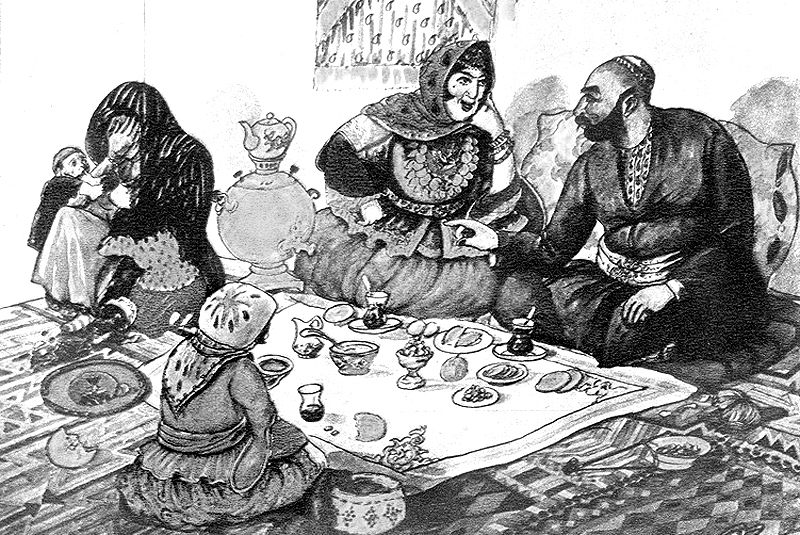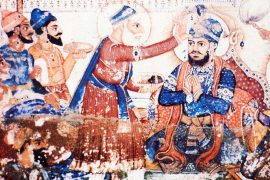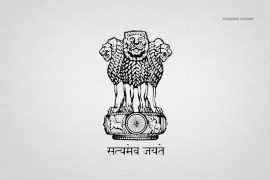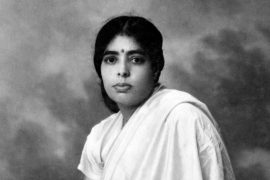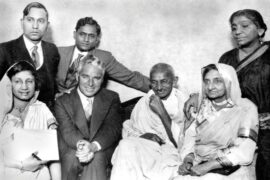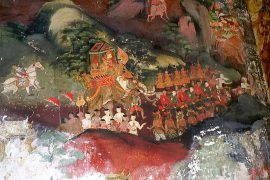According to 2006 National Family Health Survey (NFHS) data, two percent of women in India reported being in a polygamous marriage – that is, their husbands had other wives at the same time as them.
Being one of many wives is a reality for millions of women in India. The 2011 Census recorded six million more married women than there were men. The reasons for this are manifold – one being that the husbands don’t live in India – but the sanction of polygamy among certain communities is an undeniable factor.
Polygamy in India is a carefully navigated practice that exists in between legalities. With the Hindu Marriage Act of 1955 – which governed marriage laws for Hindus, Jains and Sikhs – polygamy was prohibited for most Indians, with marriages declared void if either had another spouse at the time. But since laws governing religious aspects are religion-specific, the practise of polygamy remains tentatively legal amongst India’s Muslim community.
When the Indian Republic was formed, religious reforms were taken up on a piecemeal basis. Separate Acts were passed for each religion with regard to their personal laws. The Hindu Code Bill, introduced in the Constituent Assembly in 1948, was broken up and later debated as three separate Acts in the 1950s. The Hindu Marriage Act of 1955 explicitly forbade polygamy.
Copyright©Madras Courier, All Rights Reserved. You may share using our article tools. Please don't cut articles from madrascourier.com and redistribute by email, post to the web, mobile phone or social media.Please send in your feed back and comments to editor@madrascourier.com

